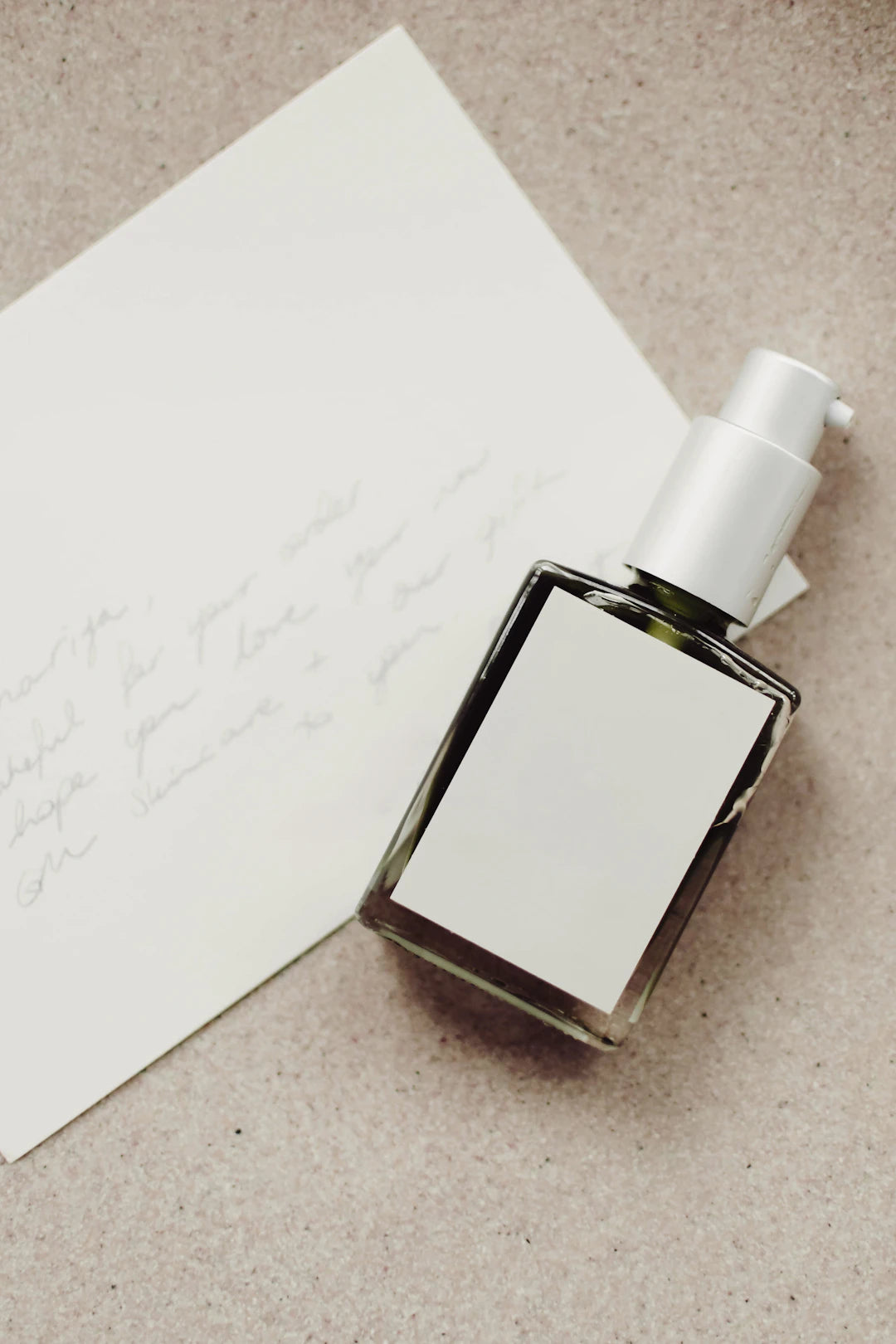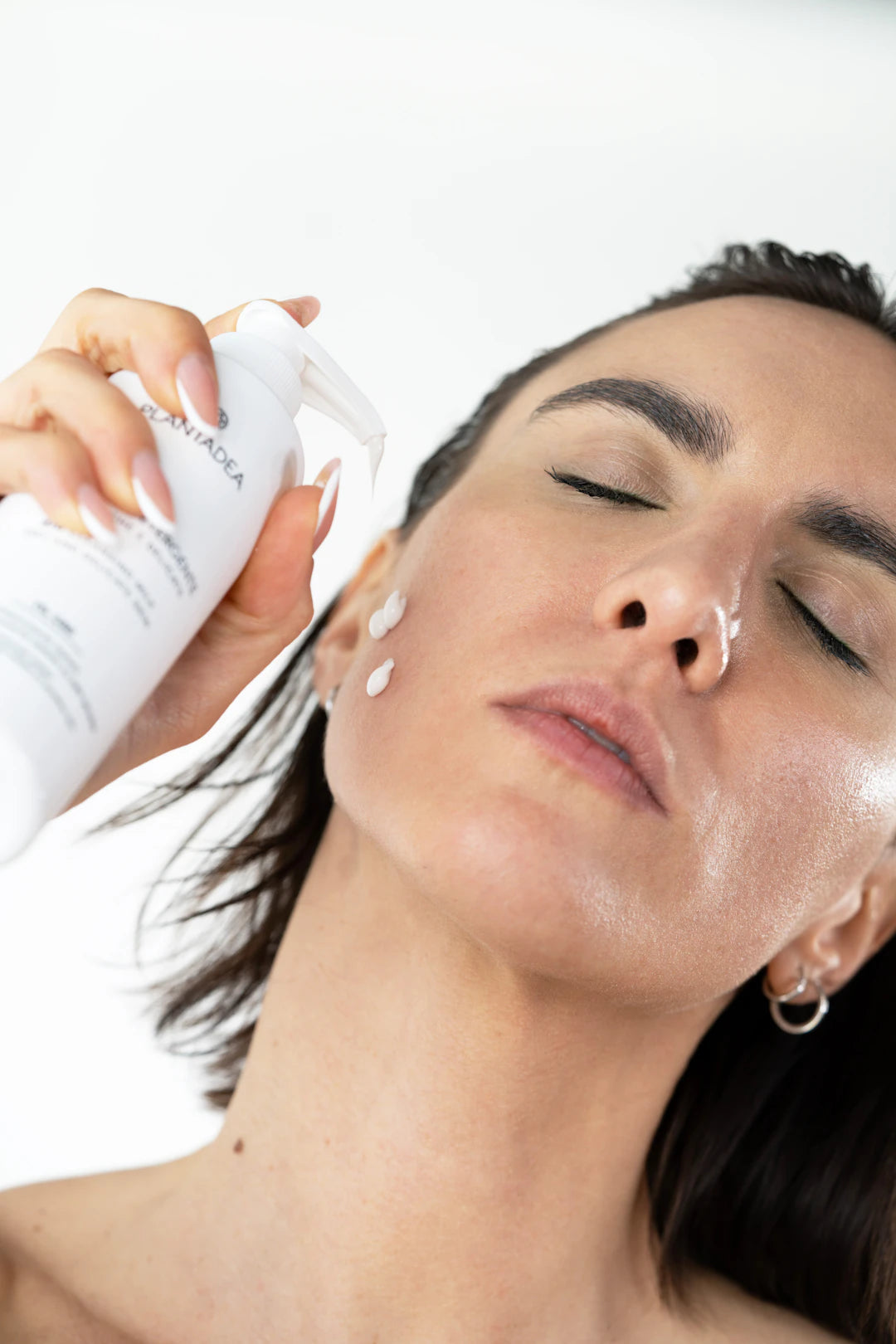Mastering Serums: Your Solution for Targeting Skin Issues

Frequently Asked Questions
1. What are serums in skincare?
2. How do I choose the right serum for my skin type?
3. What steps should I follow to incorporate serums into my skincare routine?
4. What are some key ingredients to look for in serums?
5. Why is it important to use broad-spectrum SPF with serums?
If there's one secret in the skincare world that has taken the industry by storm, it’s the rise of serums. While the beauty aisle is brimming with various skincare products, serums have emerged as a powerhouse for treating specific skin issues. Whether you’re battling dark spots, dryness, or signs of aging, incorporating serums into your routine can lead to astounding results. In this article, we'll explore the magic of serums, how to choose the right ones based on your skin type, and the essential steps you need to follow to optimize their benefits.
Understanding the Power of Serums
Serums stand apart from traditional creams and lotions due to their lightweight consistency and high concentration of active ingredients. Unlike moisturizers that primarily hydrate the skin, serums are formulated to penetrate deeply, delivering potent treatments exactly where your skin needs them the most.
What Makes Serums Unique?
- High Concentration of Ingredients: Serums are packed with active components such as vitamins, antioxidants, and peptides.
- Fast Absorption: Their lightweight nature allows serums to absorb quickly, ensuring immediate results.
- Targeted Treatments: You can choose serums designed to address specific skin concerns like acne, hyperpigmentation, and fine lines.
Selecting the Right Serum for Your Skin Type
With an overwhelming variety of serums available, it’s essential to choose one that caters to your unique skin type and concerns. Here’s a guide to different skin types and their ideal serum companions:
Oily Skin
If you have oily skin, look for serums that are oil-free and contain ingredients like salicylic acid or niacinamide. These ingredients help control excess oil and minimize the appearance of pores. A lightweight serum will hydrate without clogging pores, providing balance to your skincare routine.
Dry Skin
For those with dry skin, opt for hydrating serums enriched with hyaluronic acid or glycerin. These ingredients help draw moisture into the skin and keep it hydrated. Incorporating a serum with nourishing botanical oils can also enhance hydration and restore your skin’s natural barrier.
Combination Skin
With combination skin, you may face different challenges in various areas of your face. A serum containing a balanced combination of moisturizing and calming ingredients will work wonders. Look for formulations that promote overall skin health without exacerbating the oiliness in your T-zone.
Sensitive Skin
If your skin reacts easily to products, choose serums that are formulated for sensitive skin. Look for calming ingredients like chamomile or aloe vera. Avoid products with added fragrances or alcohol, which can irritate the skin further.
Aging Skin
As skin matures, it requires more support and repair. Serums with antioxidants such as vitamin C, retinol, and peptides can help combat signs of aging. These ingredients stimulate collagen production and encourage skin renewal, helping to minimize the appearance of fine lines and wrinkles.
How to Incorporate Serums into Your Routine
Now that you have chosen the right serum for your skin type, it’s time to integrate it into your daily skincare routine effectively. Here’s a step-by-step guide:
Step 1: Cleanse
Always start with a clean canvas. Use a gentle cleanser to wash away impurities and prepare your skin for maximum serum absorption. Pay attention to the formulations that suit your skin type.
Step 2: Tone (Optional)
If toning is part of your routine, choose a toner that hydrates or neutralizes your skin's pH. This will help enhance the serum's effectiveness and achieve better results.
Step 3: Apply Serums
After cleansing (and toning), apply a few drops of your selected serum into your palm and gently press it into your skin. Focus on areas of concern, and remember that less is more. You don’t need to over-saturate your skin—a small amount goes a long way!
Step 4: Moisturize
Seal in the serum's benefits by applying a suitable moisturizer. This step is crucial to maintain hydration levels and optimize the serum's efficacy. For added protection during the day, ensure your moisturizer contains a broad-spectrum SPF to shield your skin from harmful UV rays.
Step 5: Night Care
At night, you might consider using a thicker moisturizer or even an overnight mask after applying your serum. This helps your skin recover and regenerate as you sleep, maximizing hydration and repair.
Boosting Your Skincare Game
The skincare world is ever-evolving, and to stay in the game, it’s crucial to understand how different products interact with each other. Here are some tips to enhance the overall effectiveness of your serums:
Layer Wisely
When using multiple serums, apply them in order of consistency, starting with the thinnest texture and moving towards the thickest. This ensures optimal absorption and effectiveness of each product.
Stay Consistent
Consistency is key in skincare. For the best results, follow your serum routine daily. Keeping a uniform schedule ensures your skin can build resilience and adapt to the different active ingredients.
Consult a Skincare Professional
If you’re uncertain about which serums to use or how to effectively treat specific skin concerns, consider consulting a skincare specialist. They can provide personalized recommendations based on your unique skin analysis, helping you get the most out of your skincare journey.
Understanding Ingredients: The Good, The Bad, and The Mild
Choosing the right serum isn’t merely about selecting the most popular brand; it’s about understanding the ingredients and how they benefit your skin. Here’s a brief overview of some potent ingredients that you might encounter:
Hyaluronic Acid
This powerful humectant helps to bind water in your skin, providing intense hydration and plumping. It’s suitable for all skin types, helping even oily skin maintain moisture without adding excess oil.
Vitamin C
A well-known antioxidant known for its brightening properties. Vitamin C helps to even skin tone, reduce hyperpigmentation, and protect against free radical damage. It’s an essential ingredient for those looking to enhance their glow!
Niacinamide
This versatile ingredient can help regulate oil production, reduce redness, and improve skin texture. It’s ideal for those struggling with acne and enlarged pores but is also beneficial for all skin types due to its barrier-boosting properties.
Peptides
Peptides are amino acids that stimulate collagen production, effectively reducing the appearance of fine lines and improving skin firmness. They’re an excellent addition for anyone addressing aging skin.
Understanding the Importance of Broad-Spectrum SPF
Integrating serums into your routine is just one part of a comprehensive skincare strategy. Another crucial component is UV protection. Regardless of your skin type, a broad-spectrum SPF is essential in preventing further skin damage from sun exposure. Here’s why:
- Prevent Premature Aging: UV rays break down collagen and elastin, leading to wrinkles and sagging skin over time.
- Protect Against Skin Cancer: Regular application of sunscreen can significantly reduce the risk of various skin cancers.
- Maintain Even Skin Tone: Sun damage can exacerbate dark spots and hyperpigmentation, making it challenging to achieve an even complexion.
Your Skincare Adventure Awaits!
Incorporating serums effectively can revolutionize your skincare routine, allowing you to tackle specific concerns and enhance your overall skin health. Remember to choose wisely, understand your needs, and don’t forget that a consistent routine paired with effective sun protection will lead to glowing skin. So, gear up and get ready to embrace the wonder of serums on your path to achieving the radiant complexion you’ve always dreamed of!


